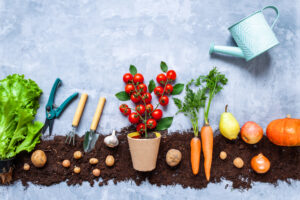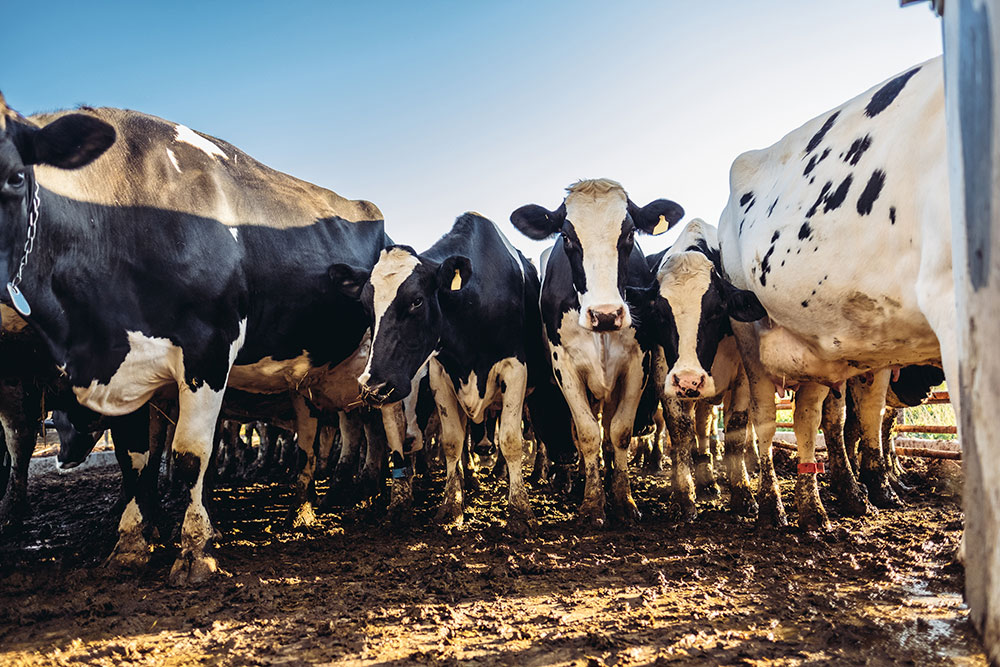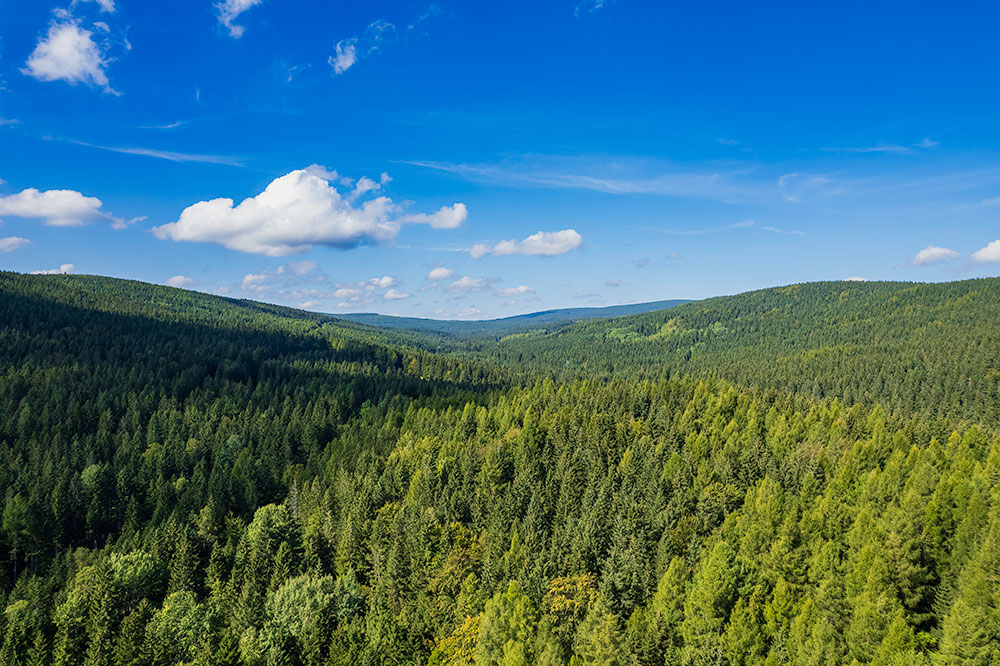
Article


Read the full article at Green Queen November 20, 2024
Denmark approves historic deal to tax livestock emissions, restore forests & invest in plant-based solutions for a sustainable future.
In a groundbreaking move to combat the climate crisis, Denmark’s policymakers have agreed to tax livestock emissions and reclaim vast swathes of farmland for reforestation. This plan complements a national action plan to transition towards a plant-based food system.
This landmark agreement — called the Green Tripartite agreement — is a huge step forward in the fight against climate change, and emphasises that plant-forward solutions are a “central element” in the global transition towards a kinder, healthier, and more sustainable world.

Agriculture is Denmark’s largest source of emissions and accounts for over 22% of its climate footprint today. The Danish government is legally bound to slash emissions by 70% by 2030, so it is working hard to curb emissions from its meat and dairy industries.
Starting in 2030, farmers in Denmark will be taxed 300 kroner (the equivalent of $65 AUD) per tonne of emissions from cows, pigs, and other animals raised on agricultural land, and this tax will increase to 750 kroner ($163 AUD) per tonne in 2035.
This initiative alone is projected to reduce the country’s greenhouse gas emissions by 2.6 million tonnes annually by 2030 – but Denmark’s plan to pave the way for a greener agriculture sector doesn’t stop there.

The government has committed 43 billion kroner (nearly 6 billion AUD) to purchase farmland from willing sellers, with plans to plant one billion trees over the next 20 years. This ambitious effort will see 250,000 hectares of farmland turned into lush forests and 140,000 hectares of cultivated peatlands restored to their former natural glory.
The benefits go far beyond carbon sequestration and emission reduction. This massive reforestation project – forecasted to represent “the greatest transformation of the Danish landscape in over 100 years” – will also create habitats for wildlife, boost biodiversity, and improve water quality by curbing nitrogen pollution, a major issue caused by fertiliser runoff from intensive farming.
It is a huge, huge task that is now underway: to transform large parts of our land from agricultural production to forestry, to natural spaces, to ensure that we can bring life back to our fjords.
Jeppe Bruus, Denmark’s minister for taxation
The Green Tripartite agreement underscores Denmark’s bold, ongoing commitment to accelerating national and global progress towards a plant-based food system.
What we hear from scientists and NGOs in other countries – and at this year’s climate summit – is that it is of tremendous importance for Denmark to continue prioritising plant-based solutions and to take responsibility for advancing this agenda internationally.
Rune-Christoffer Dragsdahl, head of Denmark’s Vegetarian Society

Last year, Denmark unveiled its national action plan for this transition, and now the government is amplifying these efforts. The Green Tripartite agreement will inject an additional 420 million kroner ($58 million AUD) into Denmark’s ‘Plantefonden’ (Fund for Plant-based Foods) between 2025 and 2030, securing the fund as a permanent resource. In addition, they’ve earmarked a further 15 million kroner ($2.1 million AUD) for other plant-based initiatives within the country.
Denmark’s ambitions for a climate-friendly food system extend beyond its borders. The government is also calling for an EU-wide plan to encourage plant-based transitions across the continent.
”We are particularly pleased to see that the Danish government is now advocating for this at the EU level,” says the head of Denmark’s Vegetarian Society, Rune-Christoffer Dragsdahl. “The timing is perfect, as Denmark holds the EU presidency next fall.”
At a time when climate scientists and even Europe’s leading agricultural institution are also calling for drastic cuts in meat and dairy production, Denmark’s Green Tripartite agreement is showing the world what a green, plant-based transition could look like – and setting a powerful precedent for other nations to (hopefully!) follow suit. ![]()

Lisa’s love of food is only trounced by her love of animals. So when she announced she’d gone veg, her Hungarian grandmother exclaimed with exasperation, ‘oh Lisa, I knew this day would come’ … before promptly frying up a plate of cauliflower schnitzels. It turns out – from Goulash to Paprikás to the family’s favourite Hungarian sweet treats – plants really can be the centrepiece of any meal!